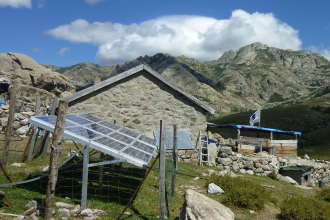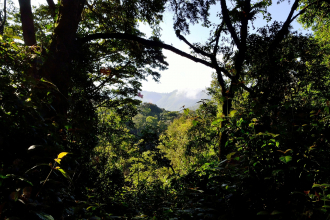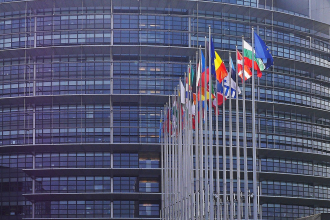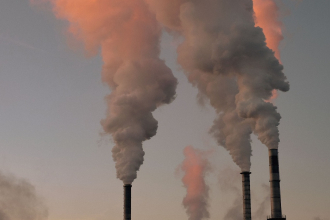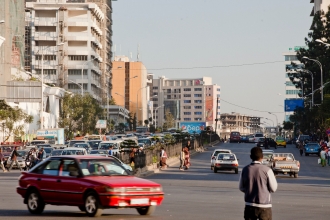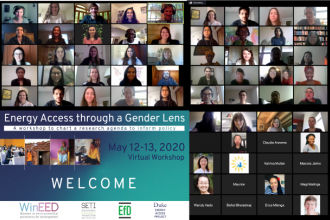Challenges of the fisheries and aquaculture sector in the Global South
Seafood is enormously important, both as a livelihood and as a source of protein, for people all over the globe. It is at great risk due to overfishing, but also provides great opportunities in terms of growing aquaculture, especially in the Global South. Yet, research addressing this challenge is scarce. A special issue of Marine Resource Economics is taking a lead in filling this gap.

